Intro
Valerian root, known for its calming effects and ability to improve sleep quality, has been a popular herbal remedy for centuries. It is derived from the root of the valerian plant and is often used as a dietary supplement. While valerian root is generally considered safe, there are potential side effects and interactions to be aware of, especially when used improperly or in combination with other medications. Understanding these side effects is crucial for individuals considering valerian root as part of their health regimen.
The use of valerian root is widespread due to its natural and seemingly harmless nature. However, like any supplement or medication, it can have adverse effects on certain individuals. These side effects can range from mild to severe and may include dizziness, stomach problems, and allergic reactions. It's also important to note that valerian root can interact with other medications, potentially altering their effectiveness or increasing the risk of side effects.
Valerian root's impact on health is multifaceted, affecting not just sleep patterns but also mental clarity and physical well-being. While its benefits are well-documented, the potential drawbacks must be considered to ensure safe and effective use. This includes being aware of the recommended dosage, potential interactions with other substances, and any pre-existing health conditions that might be exacerbated by valerian root consumption.
Introduction to Valerian Root Side Effects
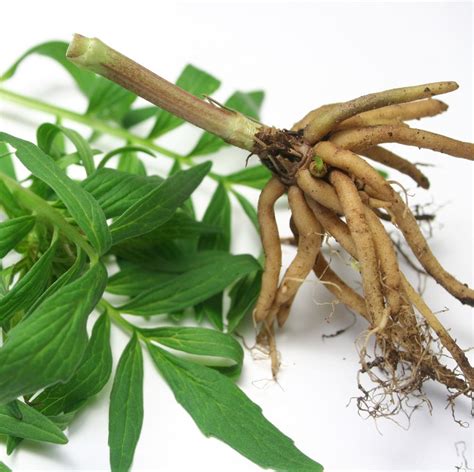
Valerian root side effects can vary significantly from person to person, depending on factors such as dosage, method of consumption, and individual sensitivity. Some people may experience no side effects at all, while others might encounter several. Common side effects include headaches, dizziness, and stomach upset. These are usually mild and temporary, resolving on their own without the need for medical intervention.
Common Side Effects of Valerian Root
Valerian root's common side effects are generally not severe and may include: - Headaches: Possibly due to the herb's effect on neurotransmitters and blood flow. - Dizziness: This could be related to valerian root's sedative properties. - Stomach Upset: Including nausea, diarrhea, or stomach cramps, possibly due to the root's effect on digestive enzymes or gut bacteria.Less Common but Serious Side Effects
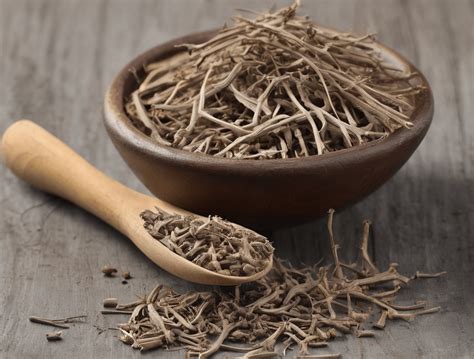
While rare, there are more serious side effects to be aware of. These can include allergic reactions, which may manifest as hives, itching, swelling, or difficulty breathing. In severe cases, anaphylaxis can occur, which is a life-threatening condition requiring immediate medical attention. Additionally, valerian root can cause interactions with certain medications, such as blood thinners, diabetes medications, and sedatives, potentially leading to adverse effects.
Interactions with Medications
It's crucial to understand how valerian root interacts with other medications. For example: - Sedatives: Valerian root can enhance the effects of sedatives, leading to excessive sedation. - Antidepressants: There's a potential for valerian root to interact with certain antidepressants, affecting their efficacy or increasing the risk of side effects. - Blood Thinners: Valerian root may increase the risk of bleeding when taken with blood thinners.Long-Term Use and Dependence
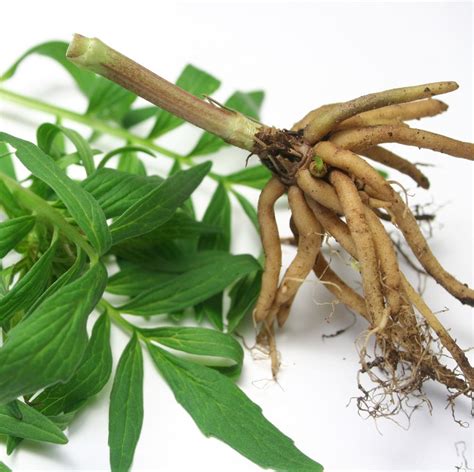
There is also concern about the potential for dependence on valerian root, especially with long-term use. While it is not as addictive as some prescription sleep aids, stopping its use after prolonged consumption can lead to withdrawal symptoms such as restlessness, insomnia, and anxiety. This underlines the importance of using valerian root responsibly and under the guidance of a healthcare professional if possible.
Precautions for Special Groups
Certain groups should exercise caution when considering valerian root: - Pregnant and Breastfeeding Women: There is limited research on the effects of valerian root during pregnancy and breastfeeding. As a precaution, it's recommended to avoid its use without consulting a healthcare provider. - Children: Valerian root is not recommended for children due to the lack of studies on its safety and efficacy in this age group. - Individuals with Kidney or Liver Disease: Those with kidney or liver disease should consult with their healthcare provider before using valerian root, as it may affect the function of these organs.Safe Use of Valerian Root
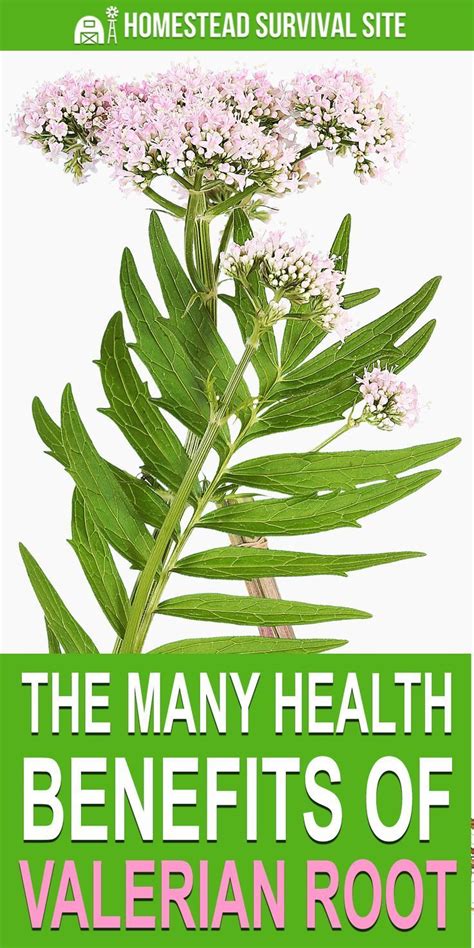
To minimize the risk of side effects and ensure safe use, follow these guidelines:
- Start with a low dose and gradually increase as needed and under medical supervision.
- Be aware of potential interactions with other medications and substances.
- Monitor your body's response and adjust your use accordingly.
- Consider consulting with a healthcare provider, especially if you have any pre-existing health conditions or are taking other medications.
Conclusion on Safe Usage
In conclusion, while valerian root offers several benefits, particularly in improving sleep quality and reducing anxiety, it's essential to be mindful of its potential side effects and interactions. By understanding these factors and using valerian root responsibly, individuals can maximize its benefits while minimizing risks.Frequently Asked Questions

What are the common side effects of valerian root?
+Common side effects include headaches, dizziness, and stomach upset. These are usually mild and temporary.
Can valerian root interact with other medications?
+Yes, valerian root can interact with sedatives, antidepressants, blood thinners, and other medications, potentially leading to adverse effects.
Is valerian root safe for long-term use?
+Long-term use of valerian root can lead to dependence and withdrawal symptoms upon cessation. It's recommended to use it under the guidance of a healthcare provider.
Final Thoughts on Valerian Root
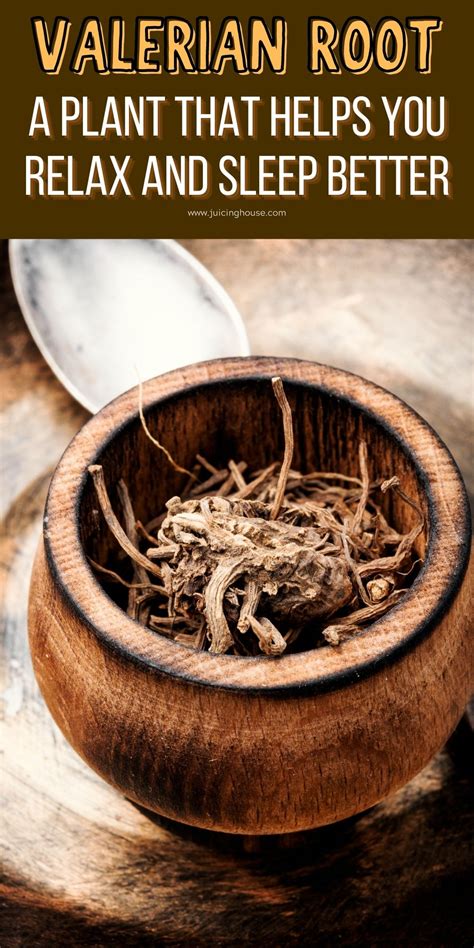
In final thoughts, valerian root can be a valuable natural remedy for improving sleep and reducing anxiety, provided it is used responsibly and with awareness of its potential side effects and interactions. By being informed and cautious, individuals can harness the benefits of valerian root while safeguarding their health.
Encouragement for Further Discussion

We encourage readers to share their experiences and questions about valerian root in the comments below. Your insights can help others make informed decisions about their health and wellness. Additionally, feel free to share this article with anyone who might benefit from understanding the potential side effects and safe use of valerian root. Together, we can promote a community of informed individuals prioritizing their health and well-being.
